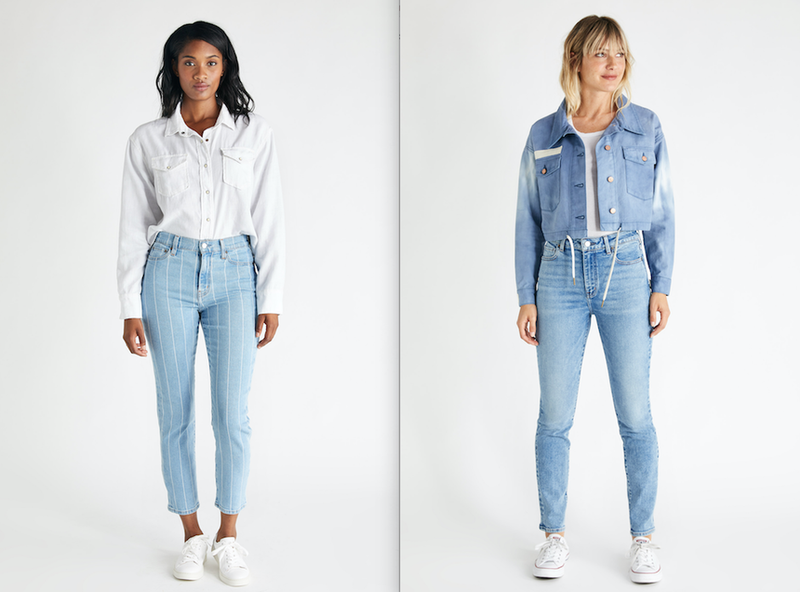
UNDP: Green bonds surpass $1 trillion in annual issuance
Green bonds have surpassed $1 trillion in annual issuance, showing the financial viability of sustainability-focused ...

When your favorite pair of jeans wears out and can’t be repaired, and there’s nothing that fits properly at the thrift store, it’s time to check out ÉTICA. This Los Angeles-based denim brand makes some of the most sustainably-minded jeans I’ve found yet, and its styles are as diverse and great-looking as its eco credentials.
ÉTICA takes pride in considering every aspect of its supply chain, starting with the cotton. It refuses to source any cotton from Uzbekistan, one of the world’s leading producers, because of its awful track record of using forced child labor to harvest the crop.
ÉTICA goes on to explain: “We love cotton as a fiber, but growing it is hard on the earth because it requires a lot of water and pesticide use. This is why we actively seek alternative fibers to blend with or completely replace our cotton use.” These alternatives include lyocell made from fast-growing eucalyptus (the branded name is Tencel), recycled cotton from both pre- and post-consumer waste, and deadstock fabric sourced from Los Angeles warehouses.
“Instead of using virgin fibers that require water, pesticides, dyes, and electricity for weaving, we start the lifecycle at the cutting and sewing stage, saving tons of water, energy, and chemicals in the process!”
Once the fabric is chosen, it is dyed using liquid indigo, rather than the powder that’s industry standard. This reduces water usage by an impressive 90 percent, energy consumption by 63 percent, chemicals by 70 percent, and produce less wastewater sludge. All the wash stones used to create that ‘stonewashed’ look are “compressed into bricks to build low-income housing”. This process appears to align with many of the suggestions given in the Ellen MacArthur Foundation’s Jeans Redesign guidelines published in summer 2019.
ÉTICA conforms to the chemicals banned under California’s Proposition 65 and the European Union’s REACH regulations. The factory and wash house are located in Puebla, Mexico, at the base of Mount Popocatepetl, and have an impressive list of certifications, including OEKO-Tex Standard 100, Cradle to Cradle, GOTS (Global Organic Textile Standard), and Bluesign. The factory workers are paid a fair living wage, and ÉTICA invests in communities with annual donations to several charities. It’s an impressive list of qualifications that certainly makes ÉTICA stand out in an industry that’s notoriously bad for the environment, garment workers, and the communities that surround denim factories.
Green bonds have surpassed $1 trillion in annual issuance, showing the financial viability of sustainability-focused ...
The World Bank (WB) delivered a record $43 billion in climate finance and are channeling ...
The transition of the Arctic from a carbon sink to a carbon source is one ...


اترك تعليقا